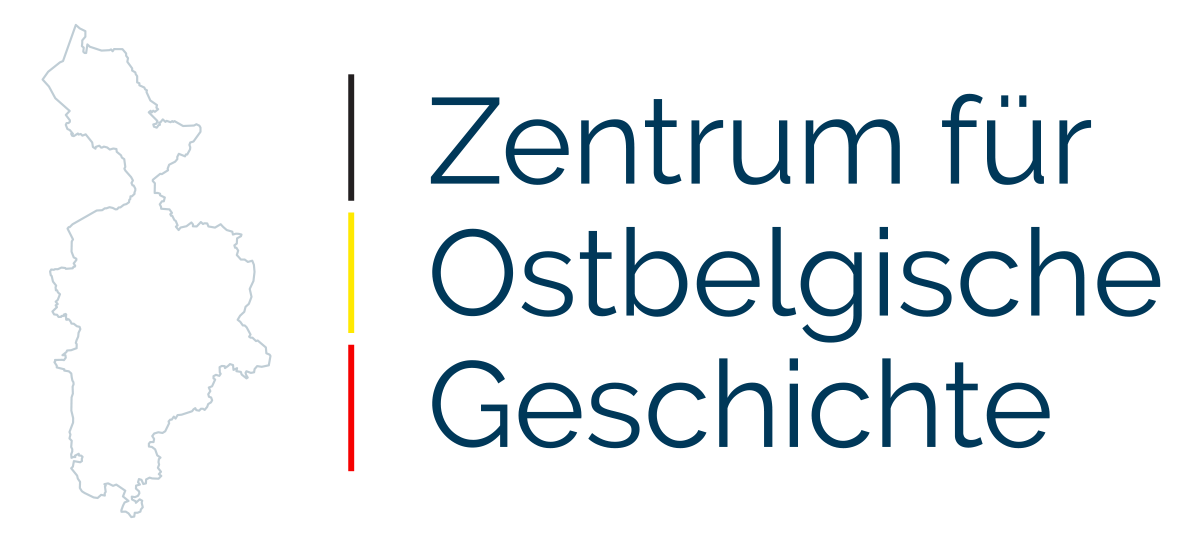Capitol Cinema
Belgium
Bookmark
Share
Directions
The Capitol used to be one of the main cinemas in Eupen. The highly modern Art Deco style theatre was opened in December 1933. After 1970 it was used as a supermarket and event location, until 2023 when it was torn down except for the façade.
At the beginning of the 20th century local film pioneer Martin Berg ran several cinemas in Eupen. From December 1933 onwards, The Capitol, built according to the plans of Aachen architect Josef Bemelmans, offered a high quality audio visual experience in a modern setting. At this time cinemas in east Belgium screened Belgian, French or US newsreels (provided by Pathé/Pathé-Gaumont-Métro or Fox), and mainly German, French or US feature films. After 1933 they also rescreened films that had been blacklisted in Nazi Germany.
However, towards the end of the 1930’s Nazi-propaganda films progressively crossed the border and were also shown in East Belgium. Nevertheless, it is obvious that Martin Berg always adapted his programme according to the nationality changes of his hometown.
After Nazi Germany had annexed the area in 1940, the new city administration renamed Bergstraße (Berg Street) and Neustraße (New Street), where the Capitol is located, into Adolf-Hitler-Straße (Adolf Hitler Street). The cinemas were 'brought into line' (gleichgeschaltet) and the Capitol became part of the propaganda machine.
Between 1940 and 1944 the 'Top 10' of Martin's cinemas, The Capitol and Schauburg, was led by: Wunschkonzert, a stereotypical romance between a young woman and an Air Force officer, Über alles in der Welt by Karl Ritter, and three other propaganda films. The Capitol also screened Eupen-Malmedy wieder im Reich, which celebrated the return of the border territory to Germany. Moreover, the programme contained openly racist and anti-Semitic films. On 25 and 26 December 1940, the Capitol showed Jud Süß, the screenings gathering an audience of 2,650.
In September 1944, the US Army renamed the building, 'The Capitol Recreation Center'. The programme consisted at first of entertainment for soldiers coming back from the front, and was later opened to the general public. In this context, Marlene Dietrich performed on 15 December 1944 in a venue opposite the Town Hall. After the war, Berg again adapted his programme according to the Belgian market. However, slowly television would be become a strong competitor. Moreover, more and more people owned a car and drove to cinemas in nearby Aachen or Verviers.
Content developed with our partner

Address
Neustraße, 79, 4700, Eupen